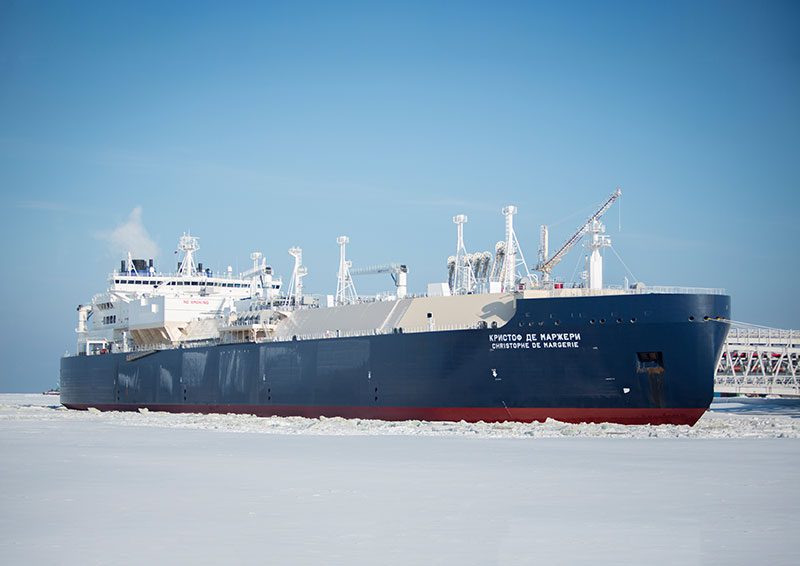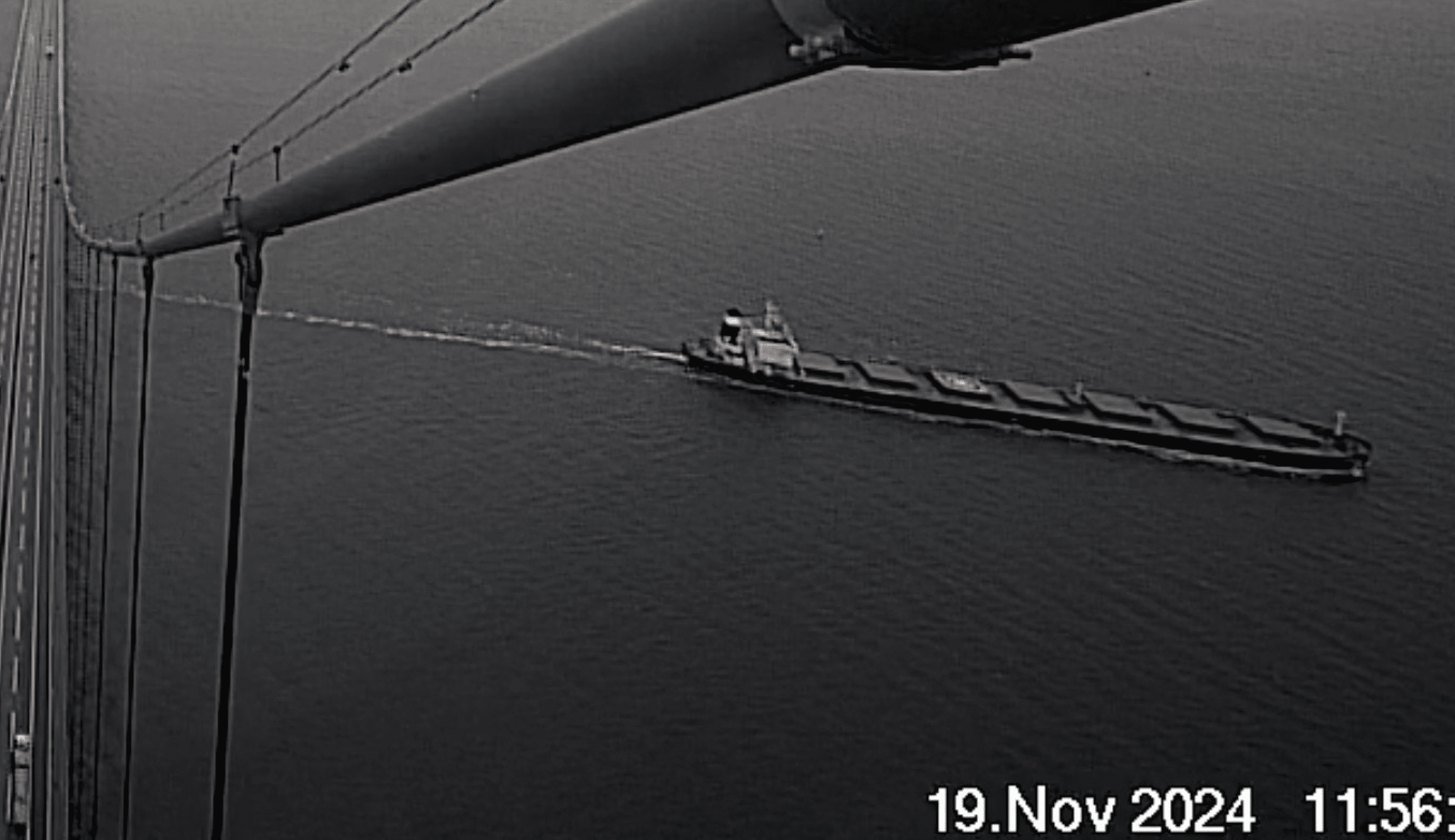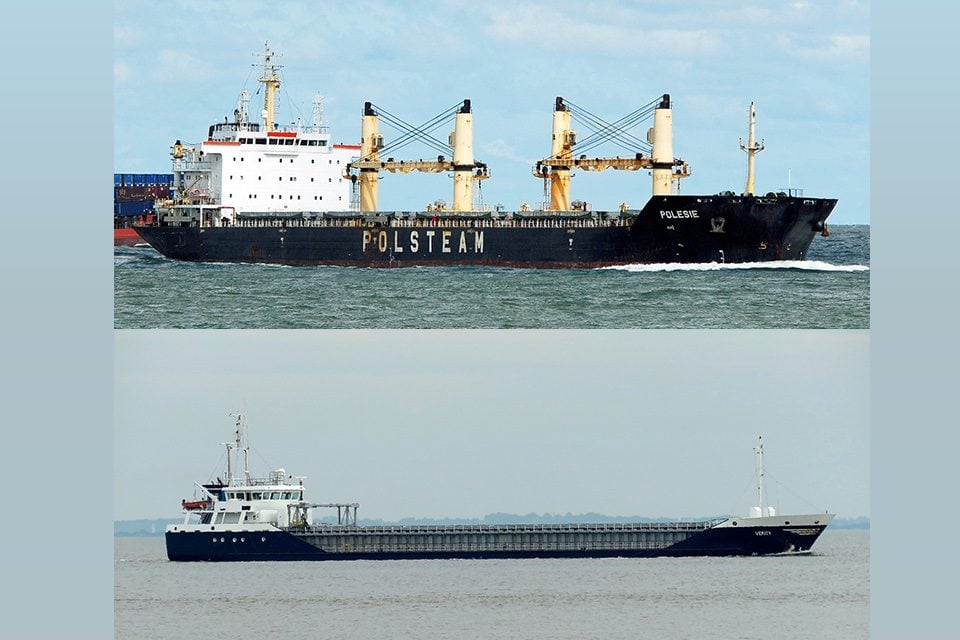The United Kingdom has announced sweeping new maritime sanctions targeting Russia’s liquefied natural gas exports, marking a significant escalation in efforts to cut off funding for Moscow’s war in Ukraine. The measures, unveiled at the G7 Foreign Ministers’ Meeting in Niagara, Canada, will prohibit UK-linked vessels and services from facilitating Russian LNG shipments globally, with implementation phased throughout 2026 in coordination with European partners.
The timing of the announcement underscores growing urgency as Russia intensifies attacks on Ukraine’s civilian energy infrastructure ahead of winter. Foreign Secretary Yvette Cooper positioned the maritime ban as part of a broader £13 million winter support package designed to help Ukraine repair critical power networks and provide humanitarian assistance to those affected by the loss of electricity, heating, and water.
“Putin is trying to plunge Ukraine into darkness and the cold as winter approaches,” Cooper said at the G7 meeting. “These cowardly strikes are not only an attack on Ukraine’s security, but a threat to the UK’s economic security, stability and growth.”
The maritime services ban represents a major escalation beyond the UK’s January 2023 prohibition on Russian LNG imports. Under the new measures, British ships, insurance providers, and related maritime services will be barred from supporting Russian LNG movements to third countries—effectively weaponizing the UK’s dominant position in global maritime services against Moscow’s energy exports.
The announcement comes as intelligence reveals increasingly sophisticated sanction evasion tactics. Recent satellite imagery captured a Chinese LNG carrier conducting the first-ever ship-to-ship transfer of sanctioned Russian gas approximately 50 nautical miles off Malaysia’s coast on October 18. Both vessels involved—the Perle and CCH Gas—attempted to conceal their activities by spoofing their Automatic Identification System signals during the transfer.
The subsequently reappeared near China’s Hainan Island, apparently heading to the Beihai terminal, which China opened to sanctioned Russian gas in August. The facility has received 13 deliveries from Russia’s Arctic LNG 2 project, with cargoes arriving at discounts of up to 40 percent below spot rates.
Despite these workarounds, Russia’s LNG export capabilities face mounting operational challenges. A critical shortage of ice-class LNG carriers is expected to force partial mothballing of the Arctic LNG 2 project for six to eight months. Conventional tankers can no longer use Arctic shortcuts and must be rerouted via the Suez Canal, adding substantial time and cost to operations.
The UK’s action builds on recent sanctions targeting Russia’s two largest oil companies—Rosneft and Lukoil—as the Kremlin scrambles to expand its LNG exports to prop up its war economy.
Cooper emphasized the broader strategic implications during her remarks in Canada. “Ukraine’s security is our security and that’s why here at the G7, we are standing together as the closest of partners to drive forward support for Ukraine and overcome the challenges the world is facing today,” she said.
The UK has now committed over £450 million for energy security and resilience in Ukraine, with the new winter package specifically targeting repairs to power infrastructure damaged by Russian bombardment.
As winter approaches and Russian attacks on energy networks intensify, the coordinated Western response through maritime sanctions and direct infrastructure support represents a dual strategy—cutting Moscow’s revenue streams while ensuring Ukrainian civilians can withstand the Kremlin’s campaign to freeze the country into submission.
Editorial Standards · Corrections · About gCaptain

 Join The Club
Join The Club











